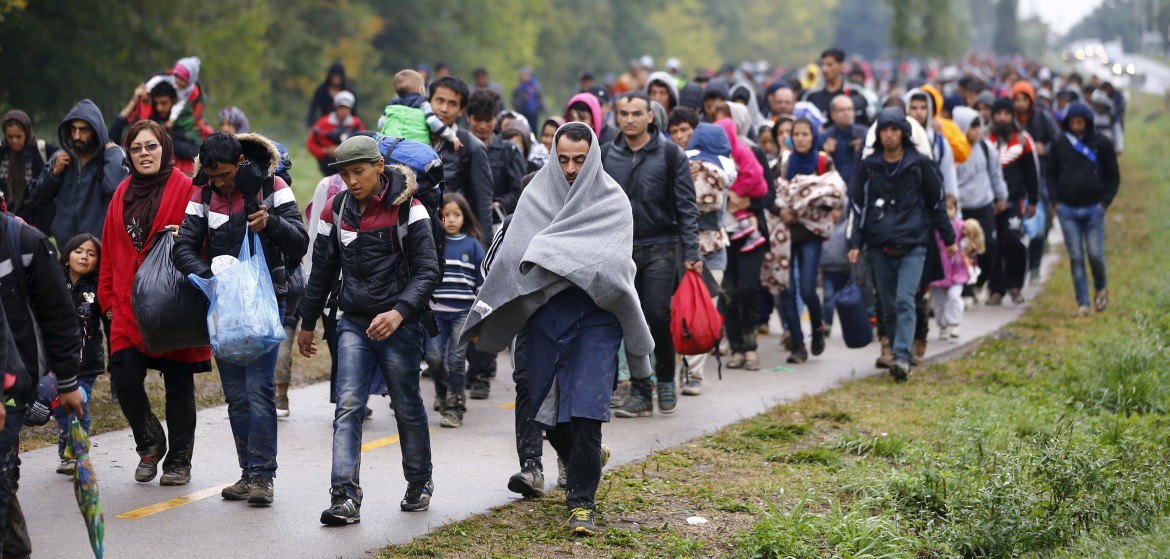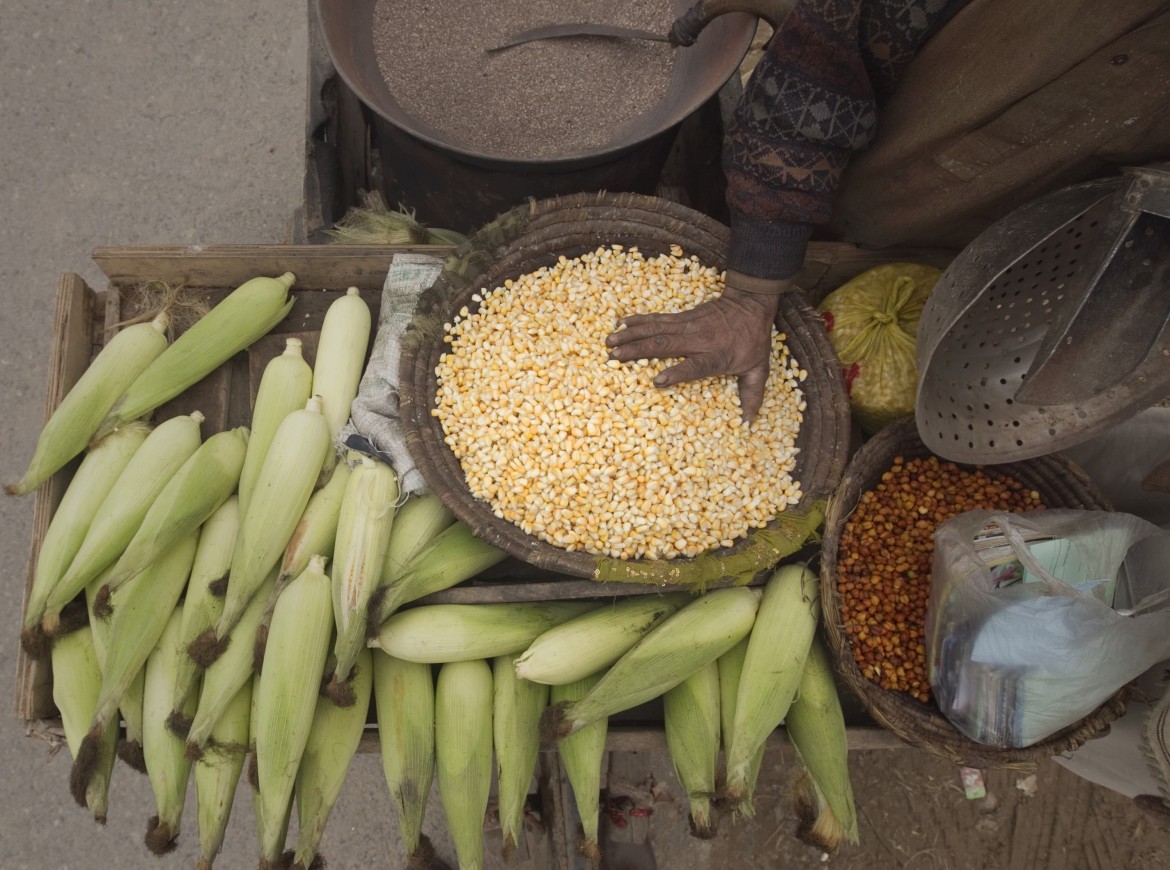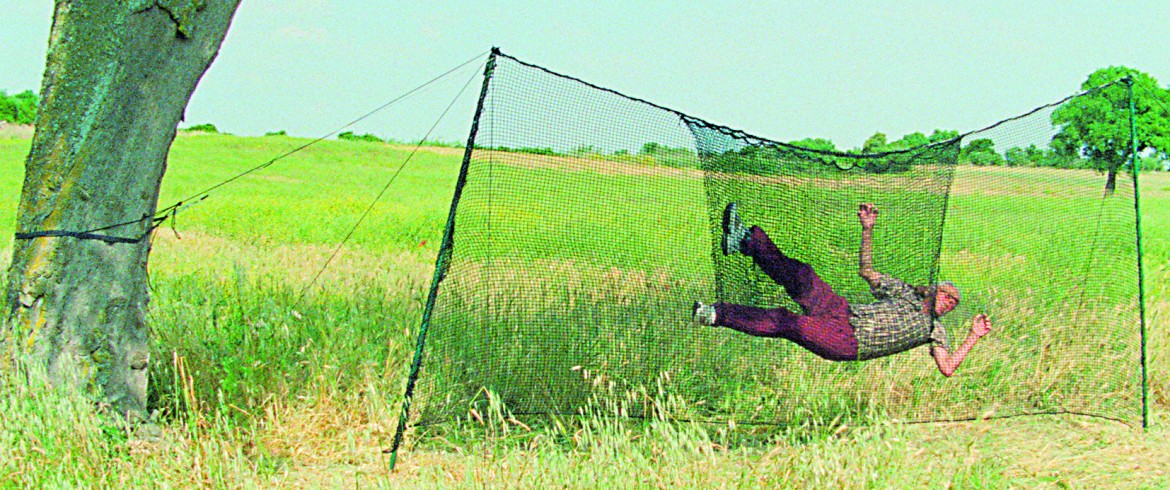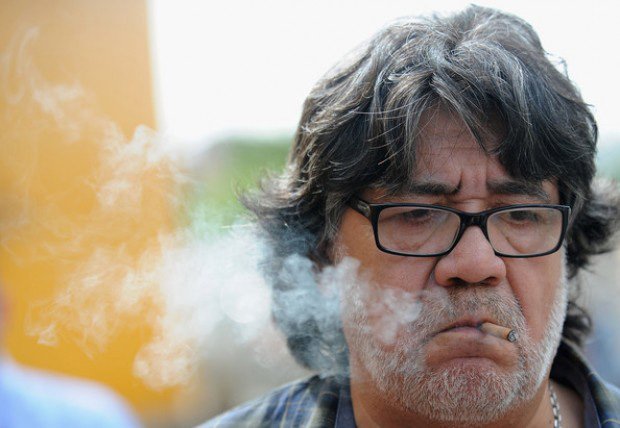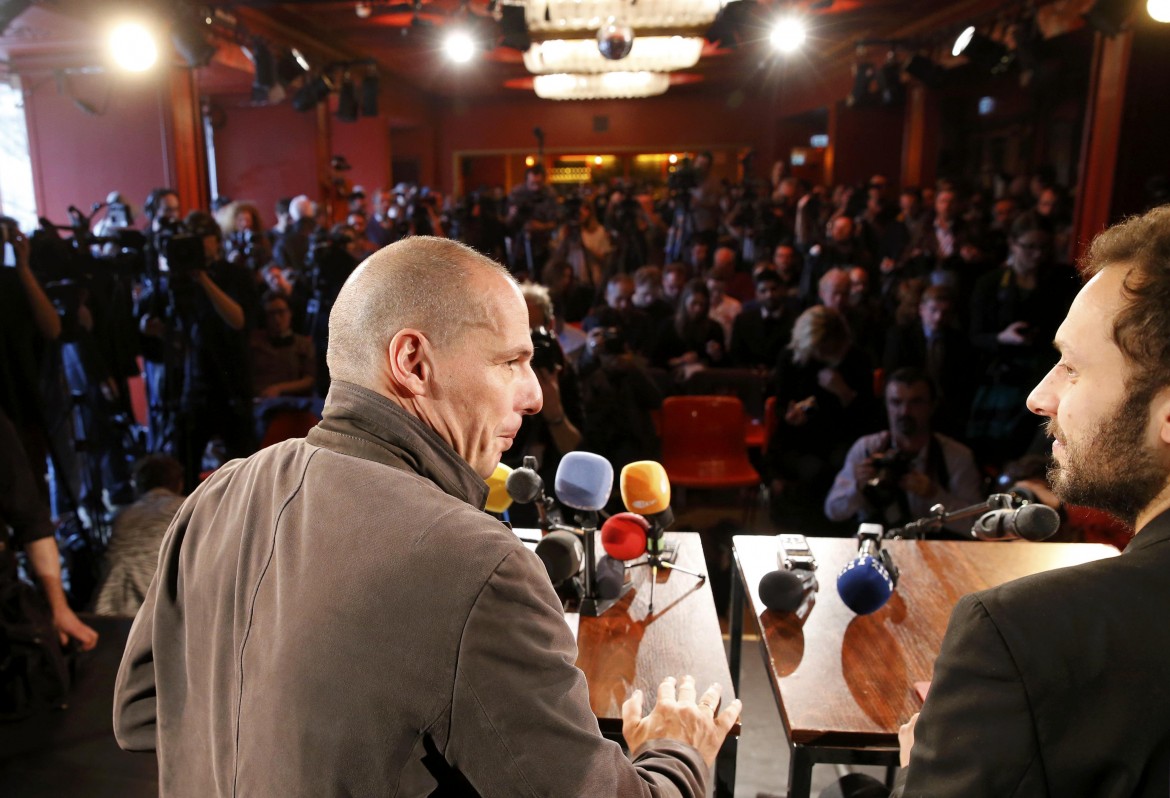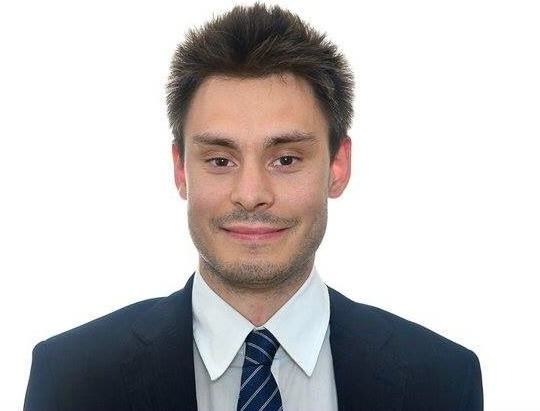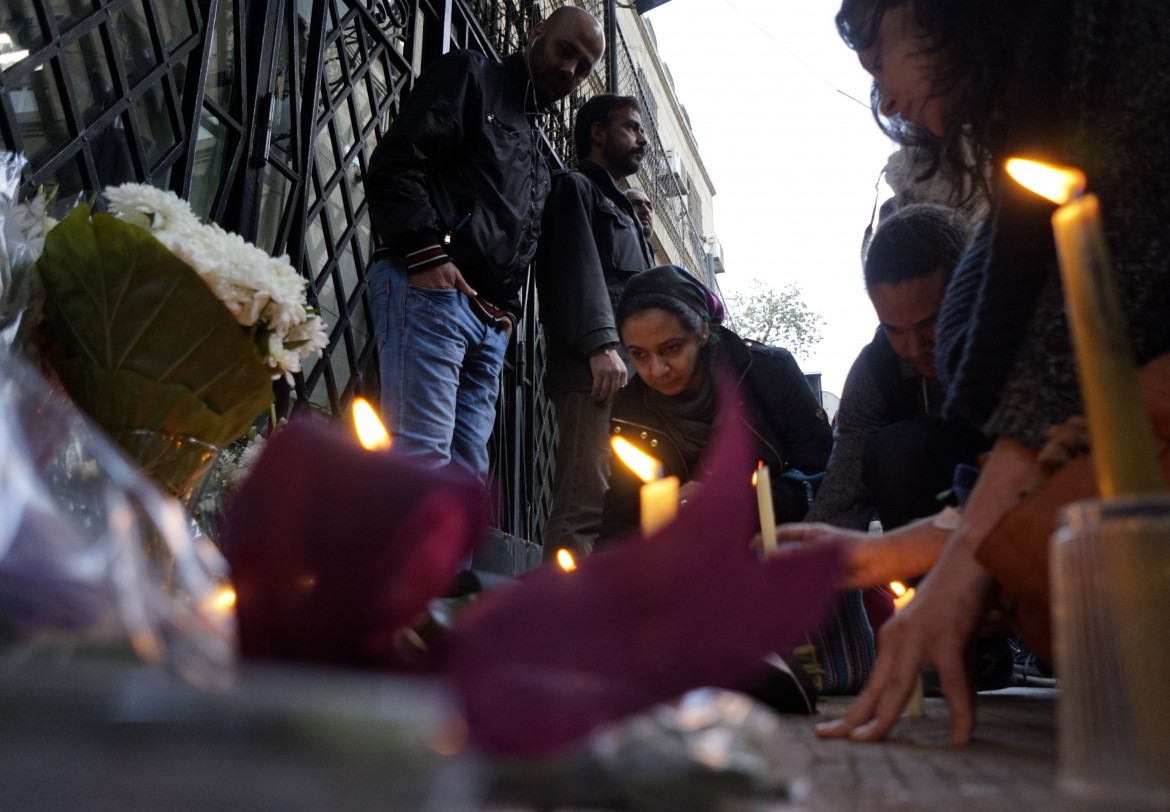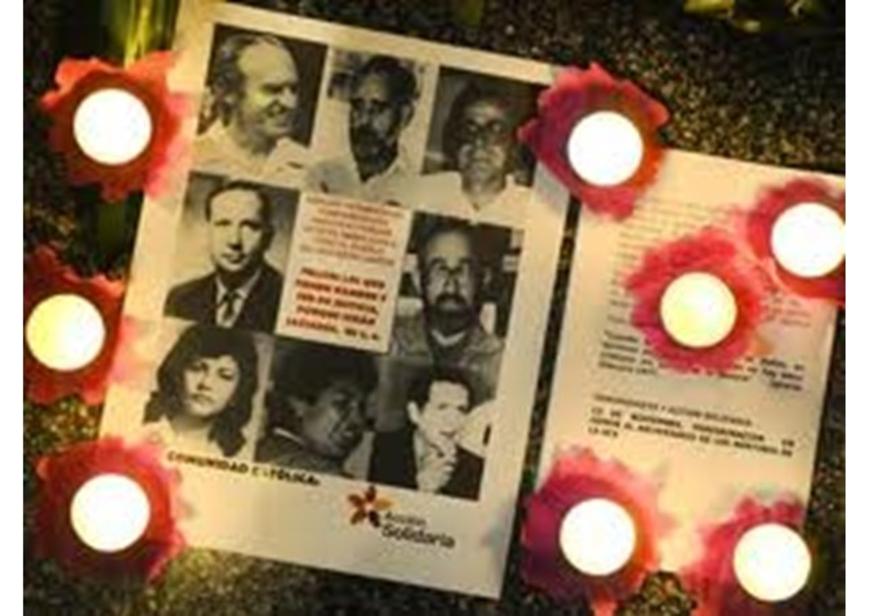Born 66 years ago in Chile, Luis Sepulveda does not need any introduction. Writer, journalist, screenwriter, director, he has to his credit an extensive literature that reflects his long season of commitment and adventure. Grandson of an Andalusian anarchist who fled to South America to avoid the death penalty, he was part of the Gap, the personal guard of Chilean President Salvador Allende.
During the coup of Sept. 11, 1973, he was in the La Moneda palace, where Allende chose to die. He was arrested and tortured. Released after the intervention of Amnesty International, he was again imprisoned and, after a life sentence, he was forced into exile. In 1979, he participated in the Simón Bolívar International Brigades in Nicaragua.
After the victory of the Sandinista revolution, he moved to Europe to continue working as a journalist. On 1982, he participated in the ecological activities of Greenpeace.
How was 2015 for Luis Sepulveda?
It was a good year, especially for the esteem and affection that I keep getting from my readers. I am delighted at the reaction my recent books had in Italy, the story of a dog who taught a child loyalty, which touches on the subject of the native Mapuche, and the adventurous story of the Mute Uzbek, both published by Guanda. I even finished writing my most recent novel, Kosak, I worked on it for three years. It tells a story that begins in 1919 with the Russian Revolution and ends in Chile in 2005.
2015 was an election year in Latin America, especially marked by the return of the right in two key countries, Argentina and Venezuela.
These are two very different political situations. In Argentina, Mauricio Macri won the elections with destructive speech, focused on negating all the gains made by the previous government and establishing a neoliberal government following the Chilean model. The lack of unity of the left is responsible for the triumph of Macri. In Venezuela, the center and right parties won the parliamentary elections, and Maduro’s credibility and ability are at stake. Evidently Maduro is not Chávez; he does not have the same charisma and he has not been able to effectively continue the path opened by Chavez, in a crisis context characterized mainly by the drastic fall in oil prices. Denying the problems that exist in the name of the revolution is not the best route.
In Chile, representatives of right-wing and moderate center-left defended the Venezuelan coup leaders, arousing the indignation of Pablo Sepulveda Allende, grandson of the socialist president. And the Allende family was divided on Venezuela. What is your opinion?
I believe in the principle of non-interference in the internal affairs of countries, while in the case of Venezuela, many countries of Latin America and Europe, in addition of course to the United States, seem to have done the opposite and supported the coup. Thus, in Chile, in addition to the right, the voices of Senator Isabel Allende, daughter of Salvador Allende, and Juan Pablo Letelier, son of Orlando Letelier, the former foreign minister of Allende assassinated by Pinochet in the United States, were raised to demand the release of Leopoldo López [leader of the opposition]. It is not strange, in Chile the government is headed by Michelle Bachelet, an exponent of the so-called “left-center” which cares very much to stay in the field of winners.
Macri in Argentina threatened the Madres de Plaza de Mayo, and promised impunity to the dictatorship’s repressors. As a victim of Pinochet, do you fear a regression on the issue of human rights?
The measures of the Macri government are worrying. They represent a huge setback for Argentinian society. They have already released some criminals awaiting trial. The devaluation of the Argentinian currency has led to a sharp rise in prices, not to mention the reduction of pensions. The 51 percent of Argentines who voted for Macri will have a lot to think about.
2015 was a difficult year for Dilma Rousseff in Brazil as well: Was it because of the weakness of PT or the maneuvers of the right?
Both. As a man of the left, I feel the Brazilian left has a severe lack of self-criticism. The denial of the problems cannot be the only discourse of the left.
From Brazil to Chile, from Argentina to Guatemala, in all of Latin America, the issue of corruption is central, but it also highlights the political use of the judiciary, domestically and internationally. How do you see the issue?
Do not be deceived, there are only two Latin American countries with governments that, from my point of view, can be seen as leftist: in Bolivia and Ecuador. Although they are part of the globalized world, in a global economy determined by the dictates of the market, by financial lobbies, only Ecuador and Bolivia’s governments defend the interests of the majority of the population. In the rest of the countries, the large economic groups, and their ability to corrupt, have permeated and perverted all governments. However, there is a left that is resisting it, as happens in Chile, and it seeks to impose a moral and an ethical government. In general, however, the landscape is quite bleak.
The United States has made the Trans-Pacific Partnership and now threatens the new solidarity alliances (ALBA, MERCOSUR, UNASUR). Is Latin America back to being the backyard of the United States?
The whole world is the backyard of the big corporations that have the power, not only from the economic point of view, but also political. Agreements such as the TPP are an example of the enormous power of transnational economic groups. Already in 1971, Allende denounced at the U.N. General Assembly the growing power of economic groups that can supplant the power of states, in economic, political and military terms. So, today we see binding treaties negotiated behind the backs of citizens, agreements in secret, as is happening now in Europe with TTIP: a treaty that provides for the creation of a judiciary system parallel to that of the states, and that in case of social changes, it will oblige states to pay the possible loss of large economic groups.
–> Originally published in Italian at il manifesto on Dec. 31, 2015

